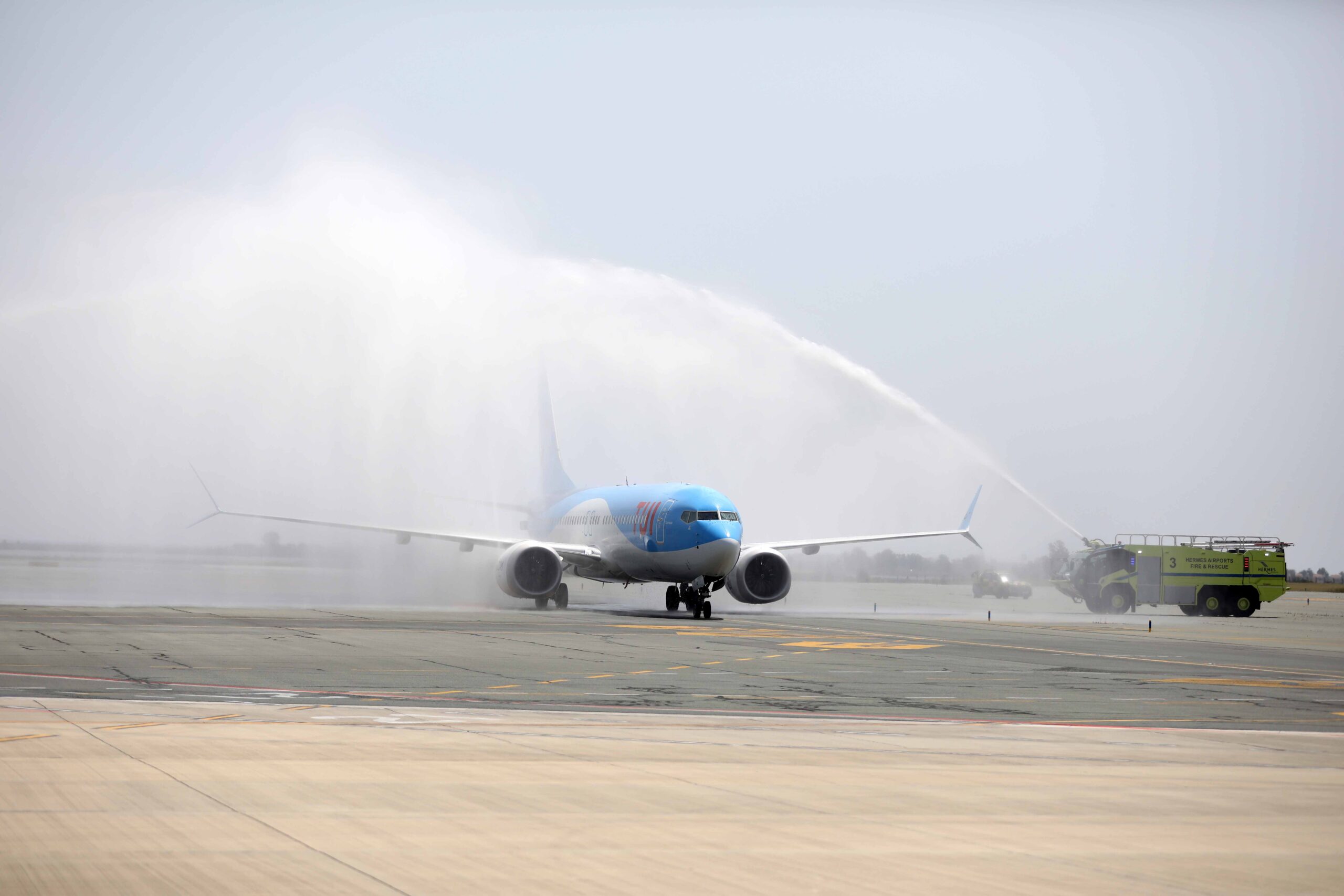Cyprus proposals to cushion the blow from a transition to sustainable aviation fuels that could cause a 20% drop in tourist arrivals as airline tickets become costlier were adopted by EU transport ministers.
On Friday, Transport Minister Yiannis Karousos laid out his intervention at the EU transport council’s discussion on the bloc’s ambitious Fit for 55 programme to achieve climate neutrality by 2050.
EU Transport Ministers met in Luxembourg on Thursday to review the bloc’s ReFuelEU Aviation proposal to reduce the aviation sector’s environmental footprint.
Ministers went over the bloc’s plan to transition to cleaner fuel in aviation by introducing sustainable aviation fuels (SAF).
Karousos said he welcomes the extension of the scope of eligible sustainable aviation fuels and synthetic fuels, exemption for refuelling and the extension of the transitional period, as proposed by Cyprus.
He argued that the impact of adopting SAFs on Cyprus would be significant.
He said the cost of air transport for all EU member states up to 2050 would be €1.4 trln, and the accumulated impact on Cyprus’ GDP would be eight times the EU average.
Karousos said Cyprus would be disproportionately affected by the shift to sustainable aviation fuels, which come with a heavy price tag.
“Cyprus would see one of the most negative effects on its economy and the aviation industry. From 2024 to 2050, the effect will be €18 bln, for an economy of €24 bln.”
The minister noted that the adoption of SAFs would push tourist arrivals down by 20%, resulting in the loss of 10,000 jobs and a negative effect on GDP of 1.75%.
Airline tickets would rise between 40% and 50%, leading to a drop in tourism revenue, while Turkey’s continued unjustified ban on Cyprus-flagged aircraft in its airspace further erodes the island’s competitiveness.
Nicosia wants to ensure a level playing field, and Karousos proposed to set up a mechanism to subsidise SAF.
“We would also like to see this tool aim to bridge the gap between the price of SAF and conventional aviation fuel.”
However, Cyprus does recognise the positive aspects of the problem despite the difficulties wanted to be part of the solution.
“Because Cyprus wants to be part of the solution, we have proposed legislative proposals such as the SAF allowance mechanism, which we are happy to see included in the decision.”










